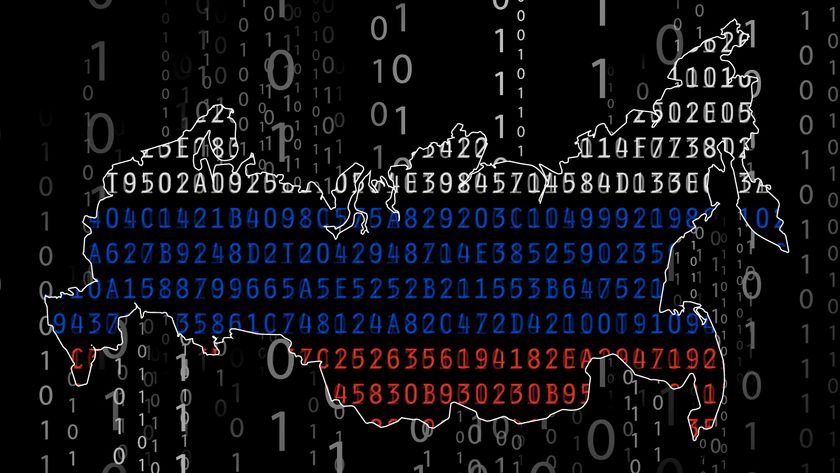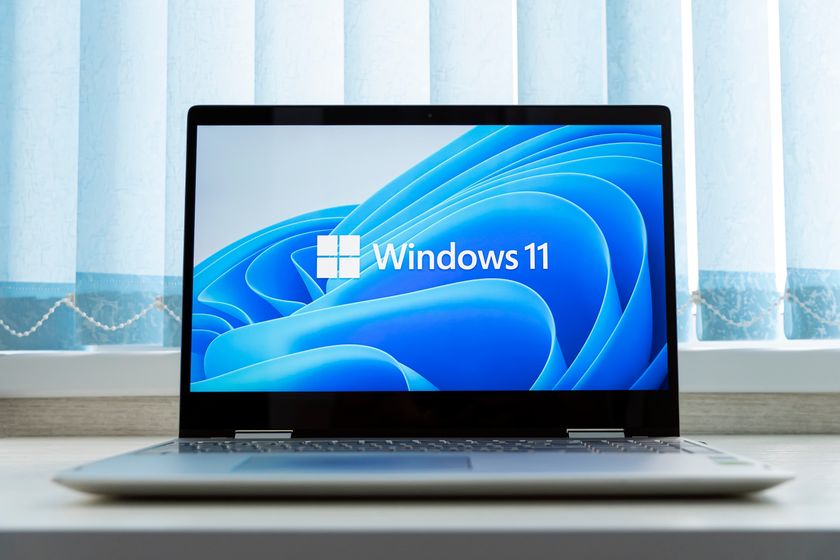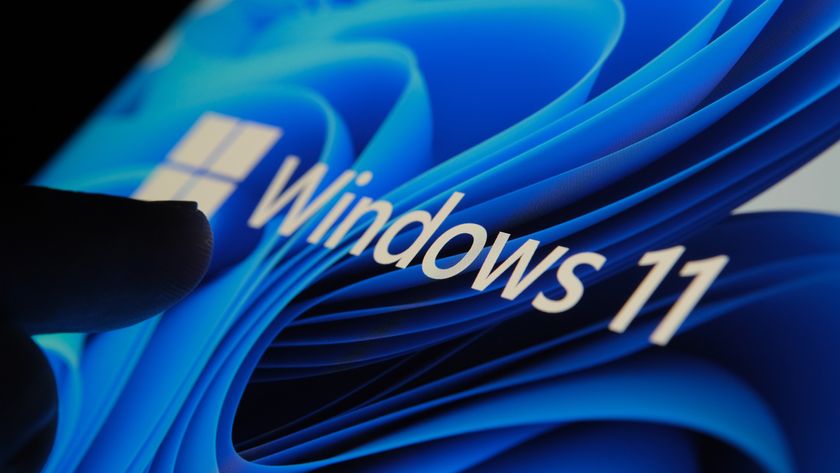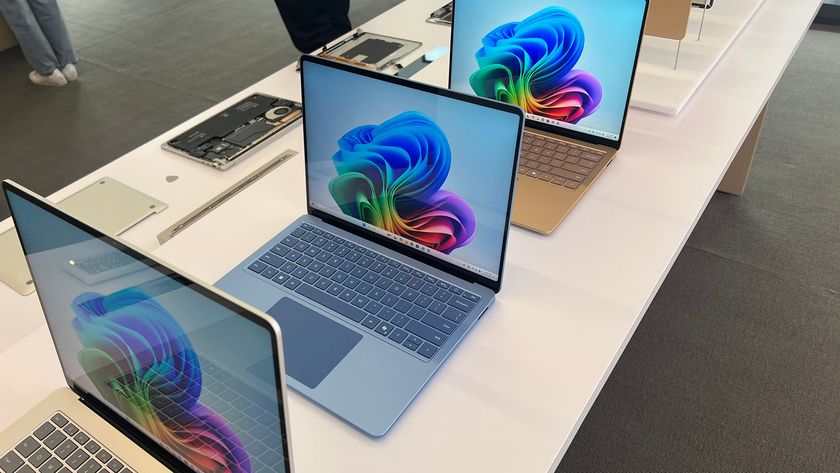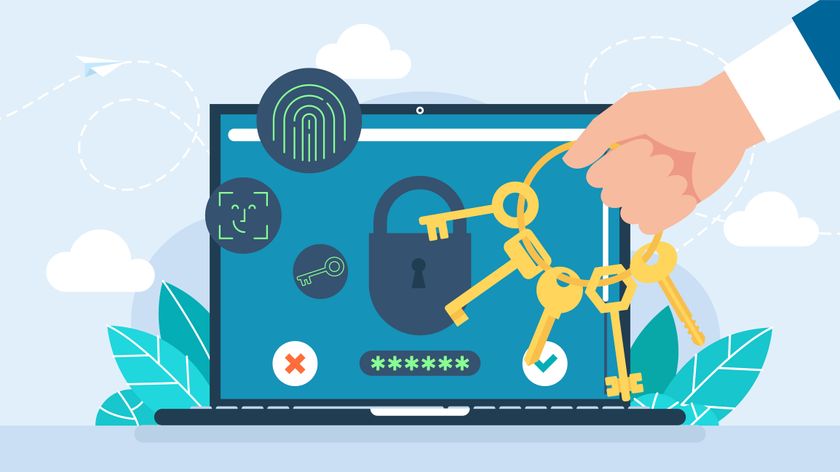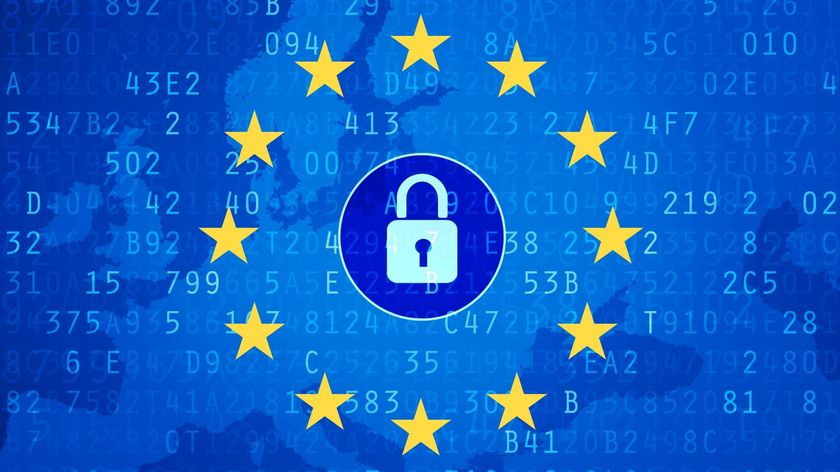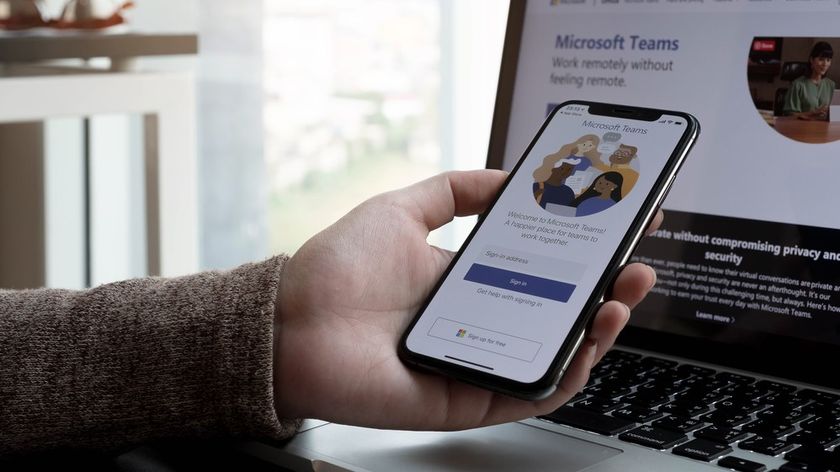Nearly a quarter of PC users are still running Windows 7
Some of the Windows 7 system could be on Extended Support, but it won’t be available forever
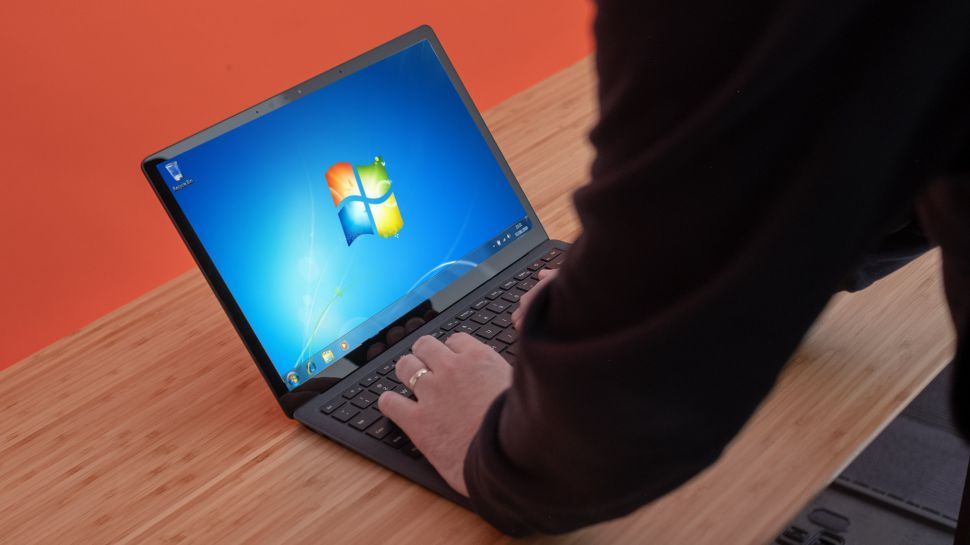
Almost a quarter of computer users are still using the end-of-life (EOL) OS Windows 7, despite it having stopped receiving updates in January 2020.
That's according to a report from antivirus vendor Kaspersky,despite Microsoft having stopped delivering security updates to Windows 7 installations on January 14, 2020. As is the norm, Microsoft’s move was quickly followed by many third-party vendors, who dropped the OS from their list of supported OS’s.
Kaspersky acknowledges that while updating the OS seems like a nuisance to many, not doing so offers threat actors to find their way into your installation with much more ease.
We're looking at how our readers use VPN for a forthcoming in-depth report. We'd love to hear your thoughts in the survey below. It won't take more than 60 seconds of your time.
- These are the best endpoint protection tools
- Here's our choice of the best malware removal software on the market
- Check our list of the best firewall apps and services
“Even if you think you are vigilant and protected while online, updating your OS is an essential element of security that should not be overlooked, regardless of any third-party security solution’s presence. If [the] OS is obsolete, it can no longer receive these critical updates,” says Oleg Gorobets, Senior Product Marketing Manager at Kaspersky.
Clear and present danger
When further analyzing the Windows 7 users, Kaspersky observes that consumers, small and medium businesses (SMBs), and very small businesses (VSBs) occupy almost the same share – 22% each.
Kaspersky reasons that the use of Windows 7 by VSBs is particularly worrying since they don’t have the resources for dedicated IT security staff, and an outdated OS puts them at a far greater risk of cyberattacks.
One small siver lining is that the study only covers installations that are enrolled with the Kaspersky Security Network (KSN), which means the total number of Internet-connected Windows 7 machines could be far greater.
Are you a pro? Subscribe to our newsletter
Sign up to the TechRadar Pro newsletter to get all the top news, opinion, features and guidance your business needs to succeed!
True, some of these Windows 7 machines could be enrolled with the Windows 7 Extended Security Updates (ESU) program. However as Kaspersky notes, not only does the ESU program entail additional costs, it won’t be available forever.
In any case, ESU programs are designed to give users extra time to plan the migration of their critical services from EOL OSes, and shouldn’t be used as an excuse to continue using an old OS.
- Here are the best Windows 10 deals this month
With almost two decades of writing and reporting on Linux, Mayank Sharma would like everyone to think he’s TechRadar Pro’s expert on the topic. Of course, he’s just as interested in other computing topics, particularly cybersecurity, cloud, containers, and coding.
